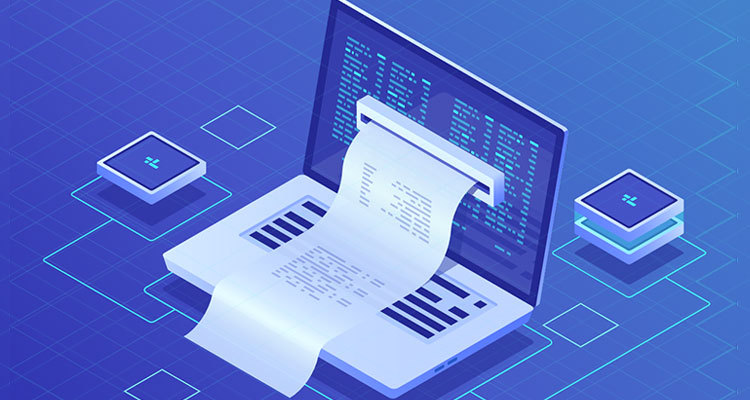Earlier this week, the Dutch Senate conducted a vote regarding the Remote Gambling Bill. The bill was approved, and online gambling licensing will start in the next year. The bill’s approval was slow-going as it was first approved over three years ago by the Dutch Parliament lower house.
Moving Forward:
With the lower house approving the bill some time ago and now the Senate in approval, the Netherlands can now move forward with the restructuring the process of their online gambling market. The country will now allow international iGaming operators to apply for licensing. The gaming regulator in the region is Kansspelautoriteir.
License applications will have to be submitted to Kansspelautoriteir and then approved for international operators to enter the newly regulated market. Even though the Remote Gambling Bill has passed, analysts have predicted that the licensing process will not begin until mid-2020. The new regulatory system will not be operational until the first of January 2021.

According to Calvin Ayre…
Operators have been waiting to see progress in the country and some are already voicing their approval of the bill’s passage. Pontus Lindwall, the CEO of The Betsson Group, commented on the approval by stating: “Finally, there will be modern gambling legislation in one more big monopolistic market in Europe…We welcome the regulation despite our concern about the so called cooling off period which could harm channelization of local customers as well as be deemed as non-compliant with EU law.”
The cooling off period referred to by Lindwall is in reference to the Dutch Minister for Legal Protection’s proposal that would prevent illegal operators who previously offered services in the region from obtaining a license for a two-year time frame.
Attractive Market:
Online gambling operators find the Netherlands an attractive region due to the popularity of gambling in the country. Players continue to increase their gambling habits and operators want in on the action. Kansspelautoriteit has tried for many years to stop unregulated gambling in the region but did not have the power to manage the industry effectively based on current laws.
Once the new regulations are enforced, online gambling operators will have to adopt certain policies and tools that will help to minimize the risk of gambling addiction. Players will be better protected. Such requirements will include operators registering for a self-exclusion program that will allow problem gamblers to exclude themselves from gambling for an allotted time frame if needed.


